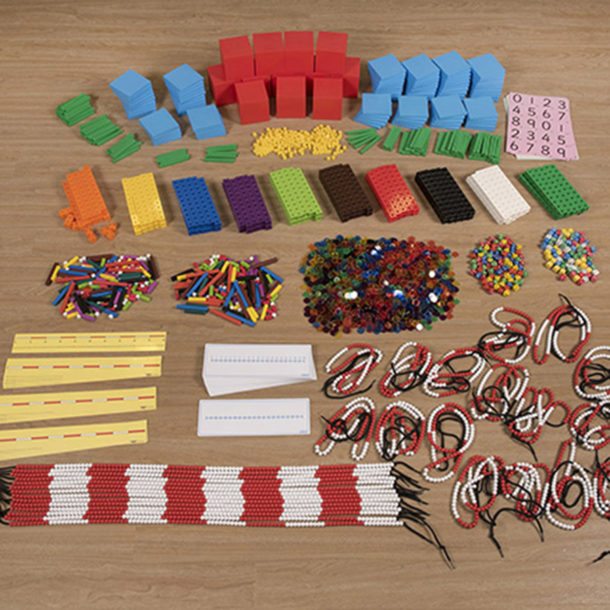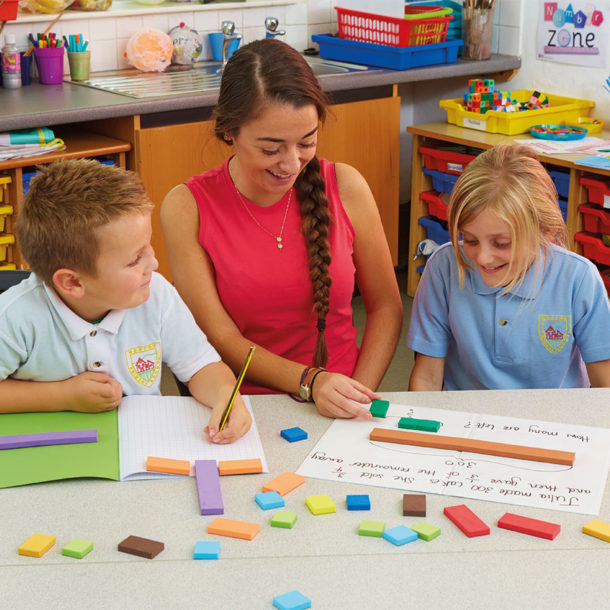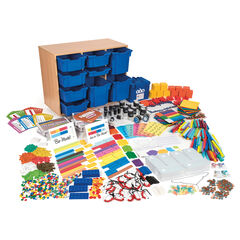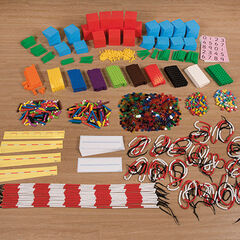10 top tips for teaching mastery
- Try it out: Starting with an exploration of the principles of teaching for mastery and applying these approaches within your own classroom can be a great place to start. Giving yourself time to then reflect, evaluate and adjust will help to provide you with context and confidence before you share with others. Having a teaching for mastery buddy in your school who also tries out approaches and acts as a professional sounding board can be a really useful tool in the early exploration of teaching for mastery.
- Make contact with like-minded schools: It can feel overwhelming when faced with implementing a whole-school change such as teaching for mastery and so connecting with schools who are either in a similar position to yourself or who are a little further on in their teaching for mastery journey can be invaluable. The DfE’s Maths Hub Funded Teaching for Mastery programme is a fantastic way to do this: not only do you get to explore teaching for mastery with other practitioners in your locality, but you are also guided by the expertise of a Teaching for Mastery specialist who facilitates exploration and discussion as well as providing bespoke school support visits centred around teaching for mastery.
- Create an action plan: Taking small, coherent steps that build on a solid foundation is one of the 5 Big Ideas of Teaching for Mastery and is a concept that should also be applied to its implementation. Your school will already have strengths in mathematics which will provide the foundation for Teaching for Mastery to be built upon. Take the time to think about the actions required to achieve short term milestones with the longer term vision firmly in sight.
- Choose resources carefully: Manipulatives can be an extremely powerful tool in mathematics but are often used only as an aid to calculation rather than a tool to understanding. Take time to explore the resources available to you and assess how well they expose the structure of the mathematical concept. For example, when looking at numbers 1-10, the use of tens frames and double-sided counters expose something different about their structure when compared to the use of Numicon. This consideration also extends to the use of high quality textbooks and the role they may play within your school. Guidance on the features of what makes a textbook high quality is available via the NCETM website.
- Remember that Rome wasn’t built in a day: Worthwhile, sustainable change takes time and it’s important to remember that this really is a journey. Whether you choose to employ a whole school approach all at once or a roll-up approach through each academic year, time will be needed for all practitioners to explore, discuss and evaluate their evolving practice.
- Share, share, share: Lesson studies and ‘teacher research groups’ are part of everyday practice in many successful East Asian schools. Teachers use each other as a tool to continually evaluate their practice and enhance this further. Being creative with the time and capacity to do this is key – can colleagues record lessons that can be analysed and reflected upon during directed time such as a staff meeting? As well as sharing practice within school, consider how best to communicate with other stakeholders such as parents and carers, particularly if changes to structures, such as ability setting for the teaching of maths, will be changing to a whole class approach.
- Teamwork makes the dream work: Spreading positivity and the belief that all can achieve given the right support, time to practice and a little growth mindset is key. Working together as a staff team to ensure that both children and adults see the value, application and beauty of mathematics will solidify the drive to continue.
- Consider how to facilitate ‘keep up not catch up’ intervention: Think creatively about the timetable and adults available to implement this approach. Whilst a separate time slot within the day is desirable, immediate intervention within a maths lesson can also be effective: observing, questioning and identifying pupils at their point of difficulty within their independent learning means that misconceptions can be tackled immediately.
- Review your marking policy: To allow for immediate feedback and to facilitate learning through the analysis of pupil approaches, much of the pupil work is self-marked or marked within the lesson by an adult alongside a conversation about the maths learning. This can occasionally differ from a school’s current marking policy and so it is worth considering a review of the policy, perhaps with the addition of a maths specific appendix. Guidance surrounding marking can be found via the NCETM’s website.
- Remember that all can achieve and become the mathematicians of the future!
With thanks to Sarah Charlton for writing this post. Sarah is Assistant Head Teacher & Maths Lead at St Faith and St Martin CE Junior School. Follow them on Twitter here: @sfsmtweets
View our Maths Mastery Range here










